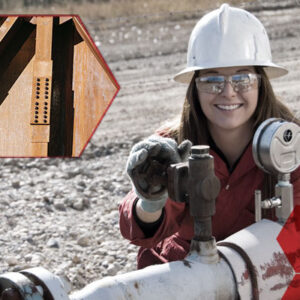What Is the Meaning of Corrosion Control?
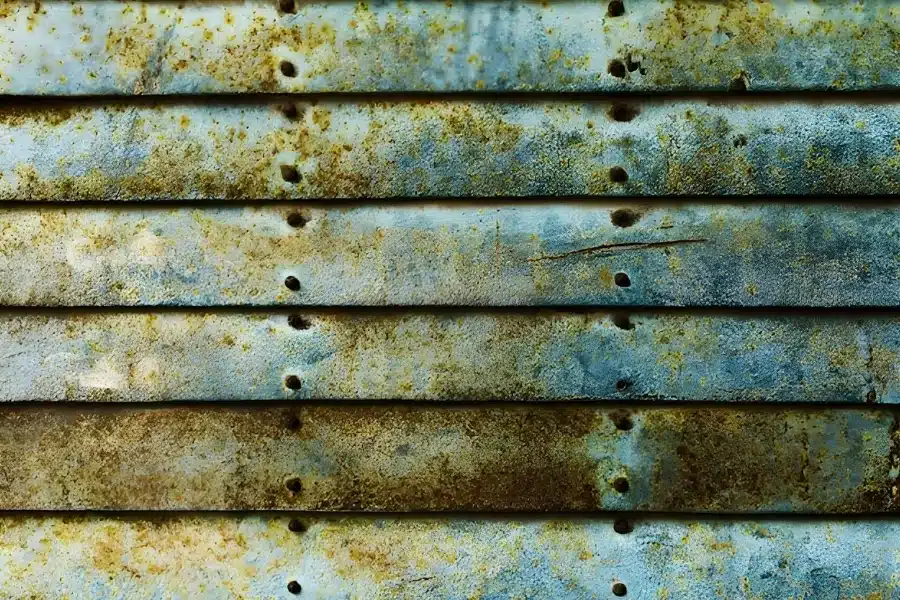
Corrosion control refers to the comprehensive set of techniques and strategies implemented to prevent, mitigate, or manage the destructive process of corrosion, safeguarding various materials and structures from deterioration caused by chemical reactions with their environment.
Meaning and Scope
Corrosion control encompasses a range of techniques and strategies aimed at preventing, slowing down, or stopping the deterioration of materials due to corrosion. It involves understanding the underlying mechanisms of corrosion and implementing appropriate measures to counteract its effects. From protective coatings to electrochemical treatments, corrosion prevention strategies are tailored to specific applications and environmental conditions.
Factors Contributing to Corrosion
Corrosion is influenced by various factors, including environmental conditions such as humidity, temperature, and exposure to corrosive agents like moisture, chemicals, and salt. Additionally, material properties, design considerations, and operational parameters play crucial roles in determining the susceptibility of structures to corrosion.
Historical Overview of Corrosion Control Methods
Throughout history, humans have developed innovative methods to combat corrosion. From ancient civilizations using oils and greases to protect metal artifacts to modern advancements in corrosion-resistant alloys and coatings, the evolution of corrosion control reflects our ongoing quest to preserve valuable assets and infrastructure.
what is electronic corrosion control?
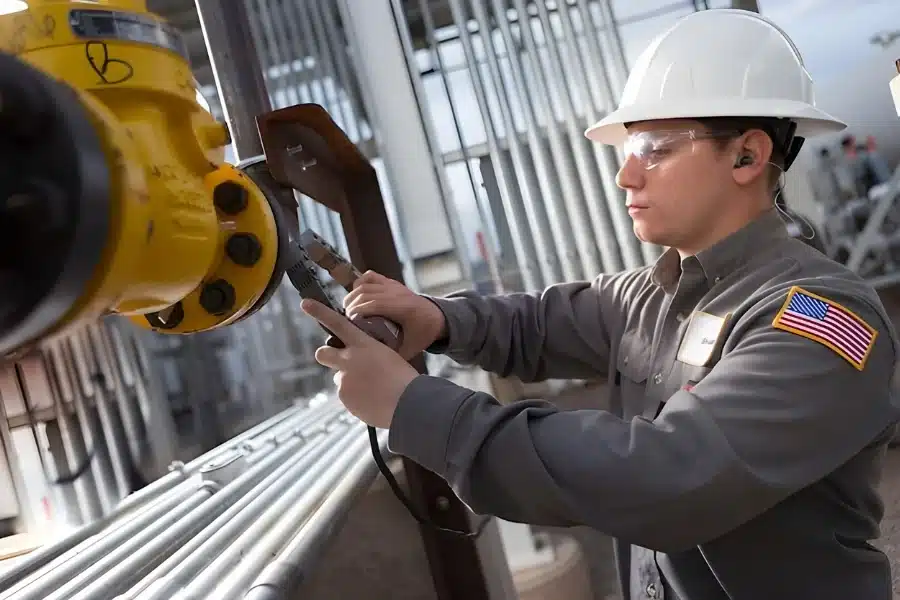
Electronic corrosion prevention involves the utilization of advanced technologies to mitigate and prevent the detrimental effects of corrosion on metal structures through innovative electronic systems
Understanding Electronic Corrosion Control Systems
Electronic corrosion control utilizes electrochemical principles to inhibit corrosion on metal surfaces. These systems typically employ impressed current or sacrificial anode technologies to create a protective electrical field that prevents the oxidation of metal substrates.
Mechanisms of Electronic Corrosion Control Devices
Impressed current systems generate a controlled electrical current that counteracts the corrosive reactions occurring on metal surfaces. Sacrificial anode systems, on the other hand, involve the use of more reactive metals that sacrificially corrode in place of the protected metal, thereby extending its lifespan.
Applications and Effectiveness in Different Environments
Electronic corrosion control systems find applications in diverse environments, including marine, oil and gas, infrastructure, and automotive industries. Their effectiveness depends on factors such as system design, installation quality, and ongoing maintenance practices.
How Corrosion Prevention?
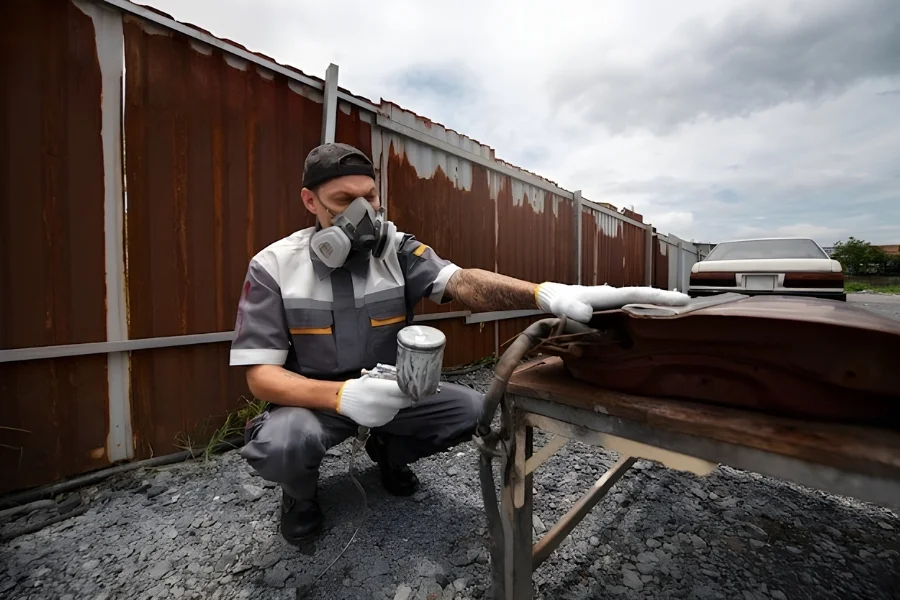
Exploring effective strategies and techniques for corrosion prevention is crucial in maintaining the longevity and integrity of various materials. How can we effectively combat corrosion and ensure the durability of structures and equipment?
Surface Coatings and Treatments
Surface coatings such as paints, varnishes, and polymer films provide a physical barrier between metal substrates and corrosive environments. These coatings can be customized based on the specific requirements of the application, offering enhanced protection against corrosion, abrasion, and chemical exposure.
Cathodic Protection Methods
Cathodic protection is a widely used technique for preventing corrosion on metal structures, particularly in buried or submerged environments. It involves the application of a direct electrical current to the metal surface, either through sacrificial anodes or impressed current systems, to shift the corrosion potential to a more favorable range.
Material Selection and Design Considerations
Choosing corrosion-resistant materials and incorporating corrosion-resistant design features are fundamental aspects of corrosion prevention. Stainless steels, aluminum alloys, and corrosion-resistant coatings are commonly employed to mitigate the effects of corrosion in various applications.
How Corrosion Can Be Controlled?
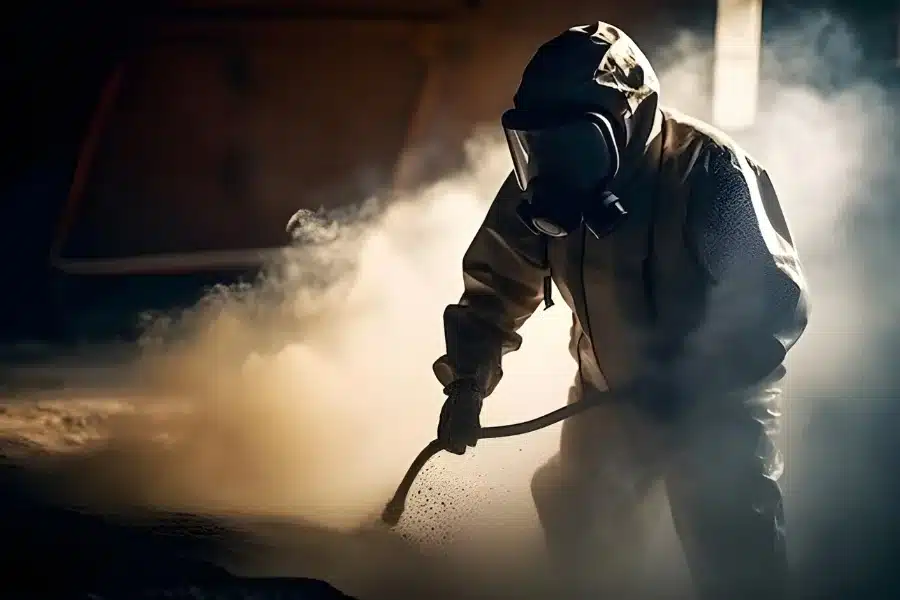
Exploring effective strategies to mitigate corrosion is crucial in various industries; let’s delve into the ways corrosion can be controlled to ensure the longevity and reliability of materials and structures
Inspection and Monitoring Practices
Regular inspection and monitoring of corrosion-prone areas are essential for identifying early signs of corrosion and implementing timely interventions. Non-destructive techniques such as ultrasonic testing, visual inspection, and corrosion monitoring sensors enable proactive maintenance and corrosion management.
Maintenance Strategies for Corrosion Prevention
Effective maintenance strategies, including cleaning, surface preparation, and corrosion inhibitor application, are critical for prolonging the lifespan of assets and minimizing corrosion-related downtime. Routine maintenance tasks should be integrated into asset management programs to ensure optimal performance and reliability.
Corrosion Management Plans and Standards
Developing comprehensive corrosion management plans and adhering to industry standards and regulations are essential for maintaining a proactive approach to corrosion control. These plans outline risk assessment methodologies, corrosion prevention measures, and contingency plans for addressing unforeseen corrosion-related challenges.
How to prevent Corrosion of steel?
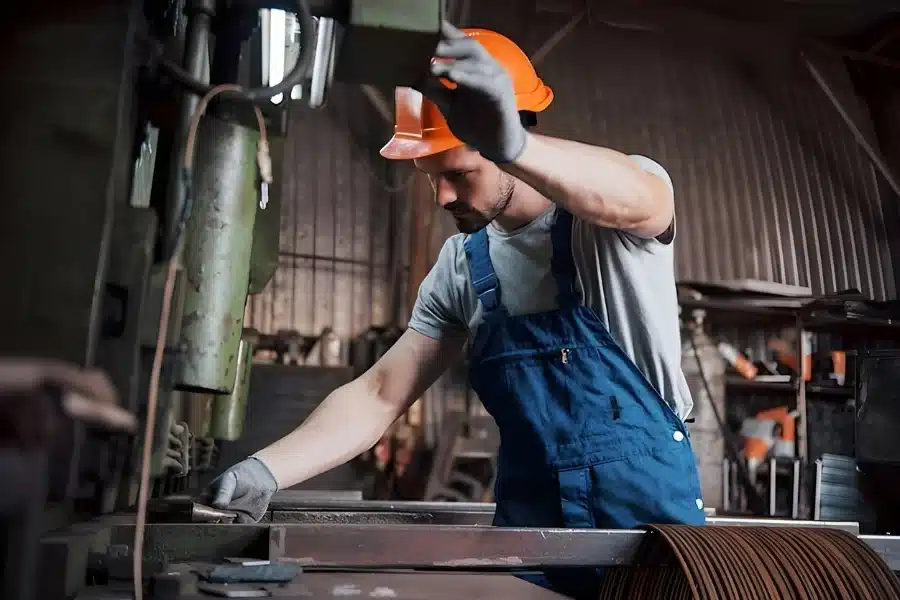
To prevent corrosion of steel, employing effective protective measures is crucial. Implementing strategies such as coating applications, corrosion-resistant alloys, cathodic protection, and regular maintenance can significantly mitigate the risk of steel corrosion and ensure prolonged structural integrity.
Specific Challenges Faced in Steel Corrosion
Steel is susceptible to various forms of corrosion, including uniform corrosion, pitting corrosion, and stress corrosion cracking. Factors such as alloy composition, surface condition, and environmental exposure significantly influence the corrosion behavior of steel structures.
Techniques for Mitigating Steel Corrosion
Several techniques can be employed to mitigate steel corrosion, including surface coatings, cathodic protection, alloy modification, and environmental controls. Each approach has its advantages and limitations, and the selection of the most appropriate technique depends on factors such as cost, performance requirements, and environmental considerations.
Case Studies and Best Practices in Steel Corrosion Prevention
Case studies highlighting successful corrosion prevention strategies and best practices offer valuable insights into real-world applications. Learning from past experiences and industry benchmarks can inform the development of effective corrosion management plans and optimize resource allocation for corrosion initiatives.
Types of Corrosion Control
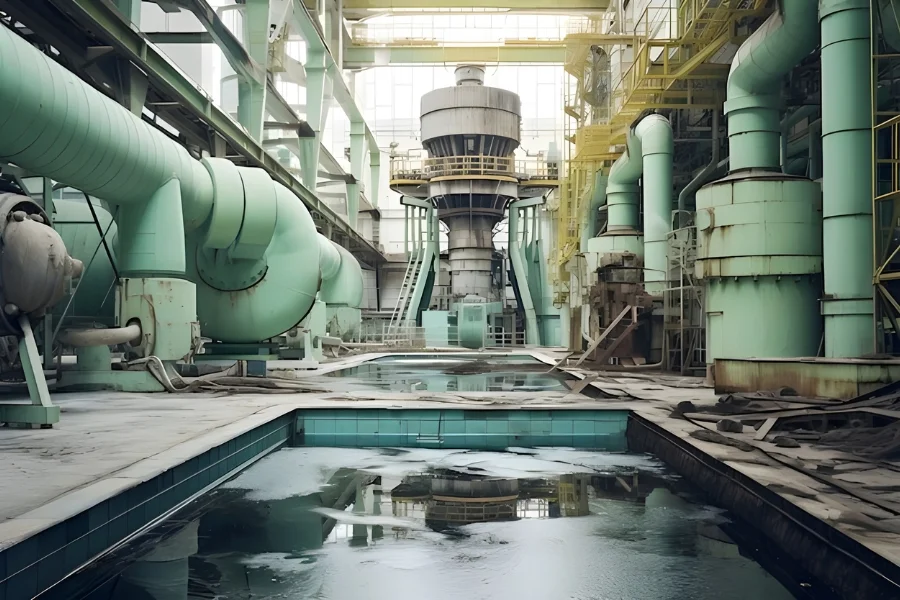
Types of Corrosion Control” explores various strategies and methods employed to mitigate and prevent corrosion, a natural process that deteriorates materials through chemical reactions with their environment. This line of study encompasses techniques such as coatings, inhibitors, cathodic protection, and material selection, aiming to preserve and extend the lifespan of structures and equipment susceptible to corrosion.
Overview of Different Corrosion Control Methods
Corrosion control methods can be categorized into passive and active techniques, each offering distinct mechanisms for inhibiting corrosion. Passive methods rely on physical barriers or protective coatings, while active methods involve the application of external stimuli to alter the corrosion process actively.
Comparative Analysis of Various Approaches
A comparative analysis of different corrosion control methods helps stakeholders evaluate their suitability for specific applications and environments. Considerations such as initial investment costs, maintenance requirements, and long-term performance can inform decision-making and optimize resource allocation for corrosion initiatives.
Emerging Technologies in Corrosion Prevention
Advancements in materials science, nanotechnology, and corrosion monitoring technologies are driving innovation in corrosion control. From self-healing coatings to smart corrosion sensors, these emerging technologies offer promising solutions for addressing evolving challenges in corrosion prevention and management.
Which Corrosion Protection Method Is Right for You?
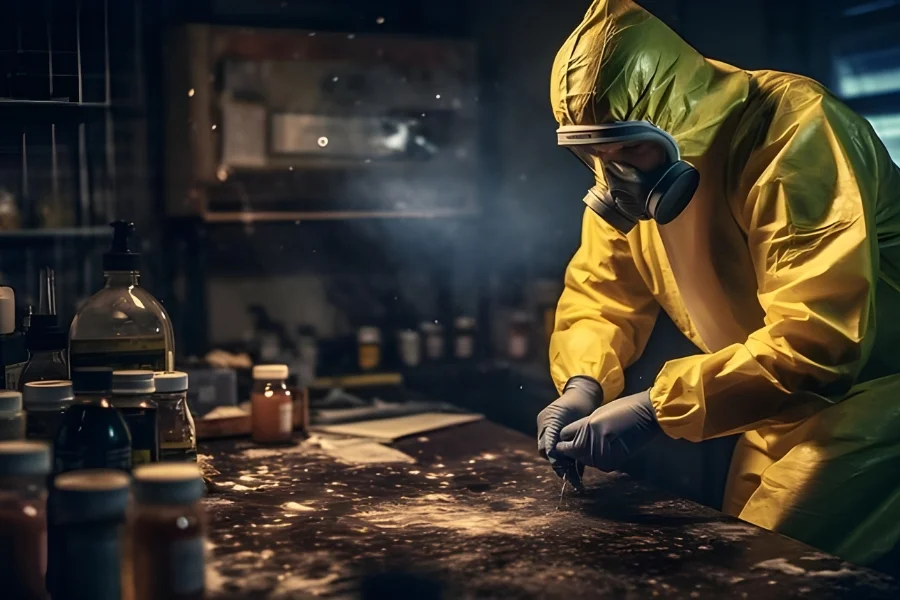
Explore the diverse world of corrosion protection methods to find the perfect solution tailored to your needs. From coatings to inhibitors, discover the options that safeguard your assets and infrastructure against the relentless effects of corrosion
Factors Influencing Choice of Corrosion Protection
Selecting the most appropriate corrosion protection method requires careful consideration of various factors, including asset type, operating conditions, environmental factors, and budget constraints. Conducting a thorough risk assessment and consulting with corrosion engineering experts can help identify the optimal corrosion control strategy for a given application.
Cost-Effectiveness and Longevity Considerations
Balancing cost-effectiveness with long-term performance is essential when evaluating corrosion protection methods. While initial investment costs are a crucial consideration, the total cost of ownership, including maintenance, repair, and replacement expenses, should be factored into the decision-making process.
Consultation and Expert Advice for Corrosion Solutions
Engaging with corrosion engineering consultants and industry experts can provide valuable insights into the selection, design, and implementation of corrosion control solutions. Leveraging their expertise and experience can help optimize corrosion management strategies and maximize the return on investment in corrosion control initiatives.
Conclusion
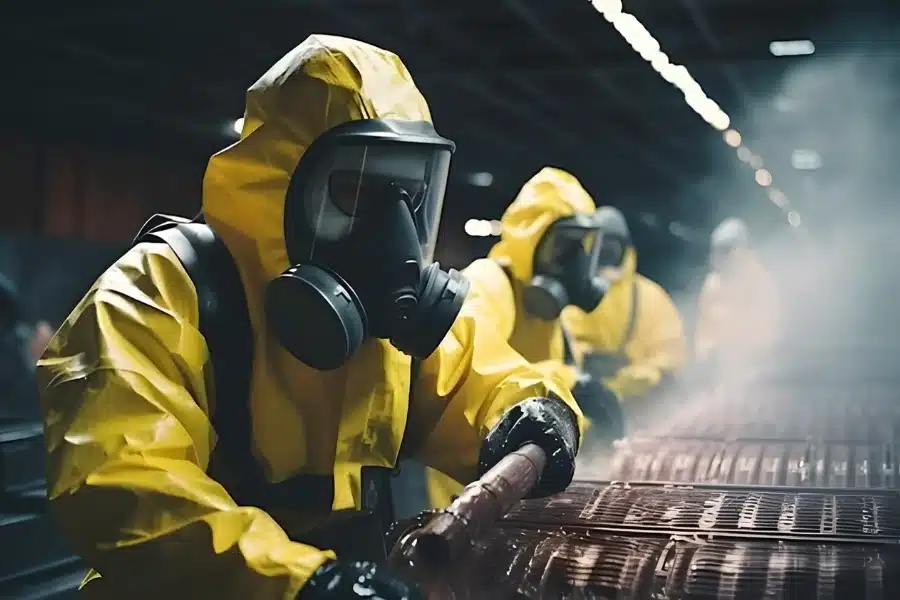
As the leading authority in corrosion management, CORCON understands the multifaceted nature of our discipline, encompassing diverse techniques and strategies to counteract the detrimental effects of corrosion on metal structures and assets. A thorough comprehension of corrosion mechanisms, coupled with the implementation of preventive measures and proactive maintenance practices, forms the cornerstone of effective corrosion management.
Looking ahead, CORCON recognizes the evolving landscape of corrosion, driven by technological advancements and industrial progress. Our institute emphasizes the importance of ongoing research and development endeavors in driving innovation and tackling emerging challenges. Collaborative initiatives, knowledge exchange, and interdisciplinary approaches will be instrumental in shaping the future of corrosion control and ensuring the development of sustainable solutions.
In response to the pervasive impact of corrosion on infrastructure, safety, and economic productivity, CORCON calls upon organizations to prioritize corrosion management within their asset management frameworks. By investing in proactive corrosion prevention measures, businesses can safeguard their assets, optimize operational efficiency, and uphold the long-term integrity and reliability of critical infrastructure.
By advocating for a holistic approach to corrosion prevention, harnessing innovative technologies, and fostering collaboration across industries, CORCON is committed to overcoming the challenges posed by corrosion. Together, we can pave the way for a more resilient and sustainable future, where the detrimental effects of corrosion are mitigated effectively, ensuring our infrastructure’s and assets’ longevity.
FAQs: Corrosion Control
What is a corrosion control program?
A corrosion control program is a systematic approach to prevent or manage corrosion in various materials, particularly metals. It involves the implementation of measures such as coatings, inhibitors, inspections, and maintenance to safeguard against the deteriorating effects of corrosion. The program aims to extend the lifespan and integrity of structures, equipment, or components vulnerable to corrosion in diverse industrial and environmental settings.
What is corrosion control treatment in aircraft?
Corrosion control treatment in aircraft involves applying protective measures to prevent or mitigate the damaging effects of corrosion on metal components. This includes using coatings, sealants, and regular inspections to maintain the structural integrity and safety of the aircraft.
What is a corrosion control module?
A corrosion control module is a system or device designed to prevent or mitigate corrosion in various applications, such as pipelines, industrial equipment, or infrastructure. It typically involves the use of protective coatings, inhibitors, or cathodic protection to safeguard metal surfaces from deterioration caused by corrosion.
Does the corrosion control module work?
Yes, corrosion control modules work by implementing protective measures to prevent or minimize corrosion in various systems. These modules typically employ methods such as coating, inhibitors, and monitoring to safeguard metal surfaces and extend the lifespan of equipment.
Image Reference: Freepik
Disclaimer: All trademarks, logos, and brand names are the property of their respective owners. All company, product, and service names used in this website are for identification purposes only. Use of these names, trademarks, and brands does not imply endorsement.

